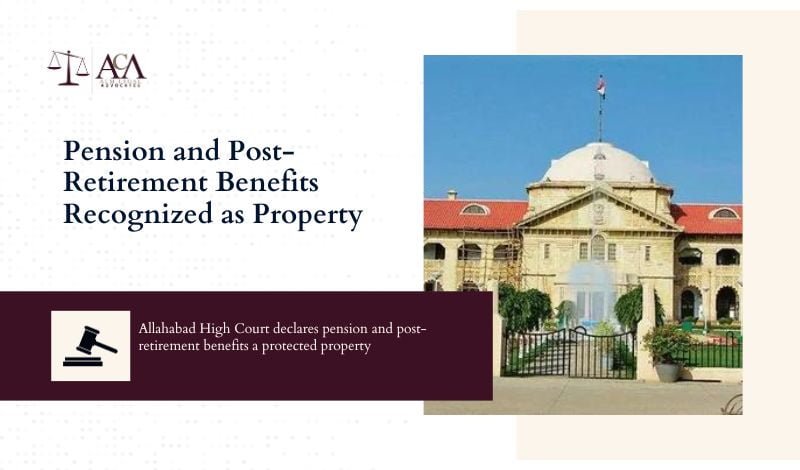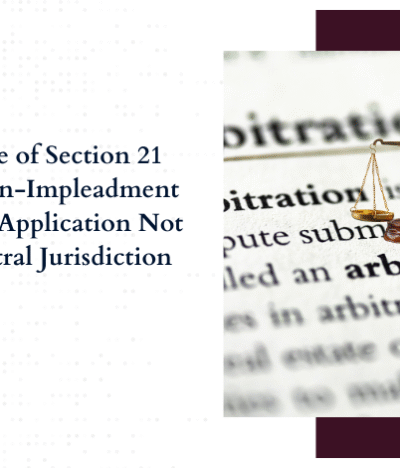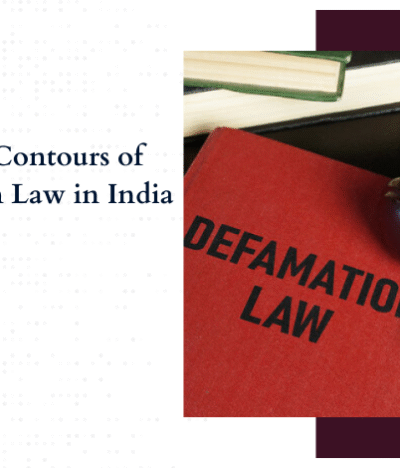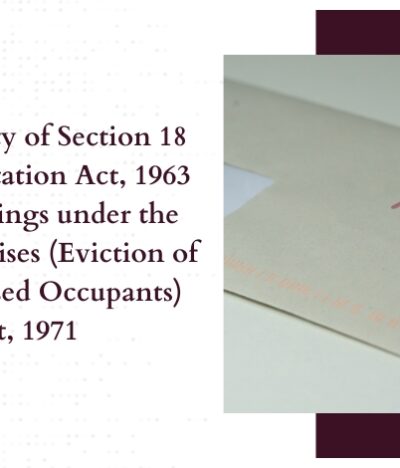The Allahabad High Court, in a recent judgement, has unequivocally confirmed that pension and post-retirement benefits are a form of property. They are thus safeguarded under Article 300(A) of the Constitution of India. This property once granted, cannot be taken away without a legitimate legal provision.
Table of Contents
ToggleThe Case at Hand: Background and Observations
The case came before the Court when an individual, who had served as a Lekhpal in District-Sultanpur and had seen two pay raises in his tenure, approached it through a writ petition. He had been convicted under Sections 302 and 149 of the Indian Penal Code (IPC) due to an accident leading to his dismissal upon reaching the age of superannuation and the subsequent denial of his post-retirement benefits. Despite his conviction, the petitioner argued that his behaviour throughout his tenure was not accounted for.
Drawing from the Supreme Court’s earlier decision in the case of State of Jharkhand v. Jitendra Kumar Srivastava & Anr, the Allahabad High Court reinforced that pensions and other post-retirement benefits are not mere gifts but stand as rights protected under Article 300(A) of the Constitution. Consequently, employees cannot be deprived of these benefits without a provision of law. The Court emphasized the necessity to evaluate an employee’s conduct prior to any employment termination, even if the employee had a prior conviction.
Justice Neeraj Tiwari, examining the case, remarked “The Apex Court has taken a firm view in the matter of State of Jharkhand(Supra) that under Article 300(A) of Constitution of India, pension and other post-retiral benefits are not bounty, but a property and cannot be taken away without provision of law.”
It was also observed that any order passed solely based on conviction, without examining the employee’s conduct would be deemed invalid. The Court upheld the petitioner’s plea and nullified the order that had denied him his post-retirement benefits.
Conclusion
The verdict of the Allahabad High Court has set a pivotal legal precedent for employee rights and post-retirement benefits. By recognizing pensions and other post-retirement benefits as property rights protected under Article 300(A) of the Constitution, the Court has fortified the legal standing of employees across the nation. This landmark judgement not only underscores the importance of assessing an employee’s conduct before making employment decisions but also serves as a reminder for employers and legal bodies alike to tread with caution. Any act of depriving employees of their rightfully earned benefits without substantial legal grounds could face challenges in light of this ruling.
Decision
The Court determined that the finding within the Arbitral Award, which attributed full responsibility to HPCL for the substantial delay resulting from inadequate and untimely actions in removing various hindrances and obstructions impeding the completion of the project within the prescribed 18-month period, was flawed. It opined that the Arbitral Award suffered from a deficiency in the examination and analysis of pertinent facts. The Court emphasized that any conclusion lacking discussion and specific justifications would contravene Section 31(3) of the Act. Additionally, the Court identified an error in the compensation amount of Rs. 1,57,37,666/- payable by HPCL to BEEL, as the arbitral tribunal failed 4 to provide a prescribed method or manner for computing this sum. The arbitrator did not refer to any formula or method and omitted specifics in calculating damages under the category of losses attributed to overheads and profits/profitability.
The Court underscored that considering the value of work executed by BEEL, the proportionate amount must be adjusted to calculate the damages or compensation, reflecting the percentage of overhead expenses and damages for lost profit/profitability.
Ultimately, the Court concluded that the arbitral award in this instance lacked adequate reasoning for both the award itself and the compensation calculations, which resulted in duplicated or partially duplicated payments. Consequently, the Court upheld the High Court’s decision to set aside the arbitral award in the impugned judgment.
Conclusion
The judgment provides a comprehensive exposition of the court’s role in scrutinizing Arbitral Awards under Section 34 of the A&C Act. It reaffirms the significance of party autonomy in the context of arbitration while emphasizing that this autonomy should not be employed as a shield to safeguard awards that run contrary to principles of fairness, arbitrariness, or India’s public policy.
The judgment advocates for a balanced approach, ensuring that courts do not exceed their jurisdiction by assuming the role of appellate courts. Instead, courts should only intercede when an award is so fundamentally flawed that it profoundly disturbs the court’s conscience, as is evident in cases of perversity or irrationality. This approach upholds the integrity of arbitration as an efficient and preferred avenue for dispute resolution while preserving the principles of fairness, justice, and due process.
Thus the case underscores the delicate equilibrium between party autonomy and the court’s responsibility to uphold the principles of justice and public policy within the realm of arbitration.






